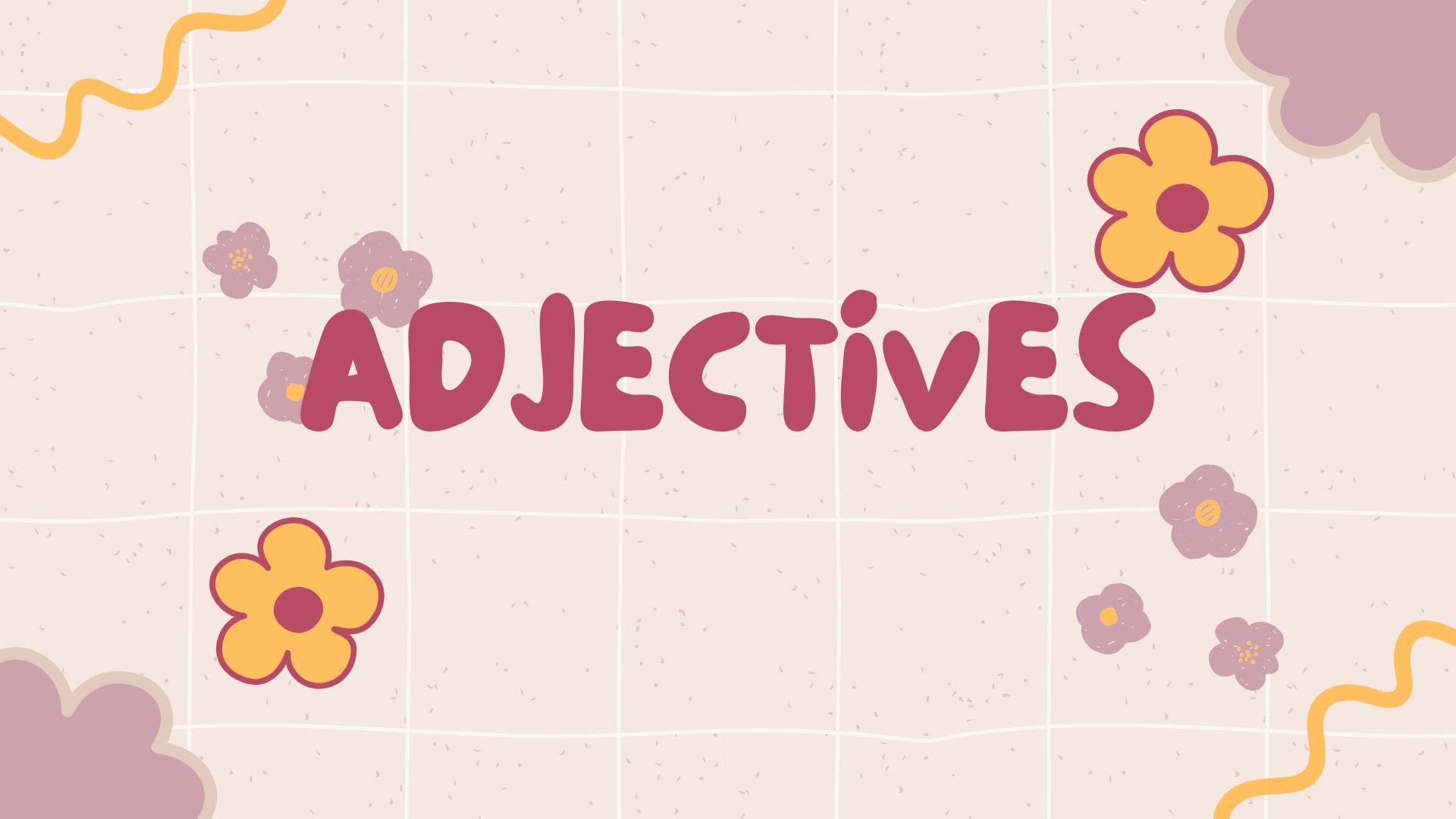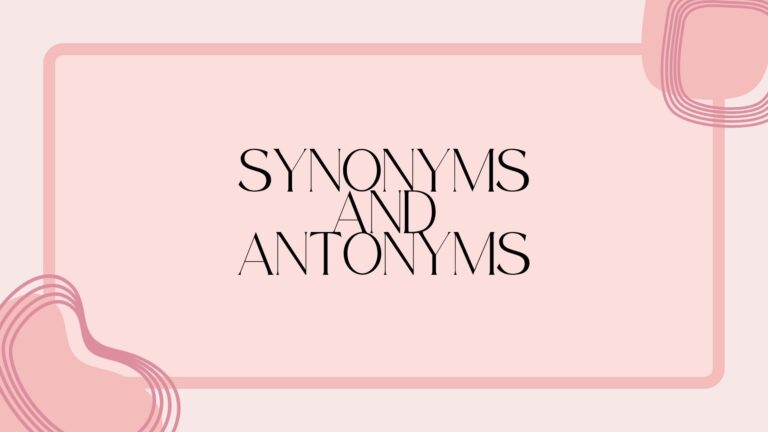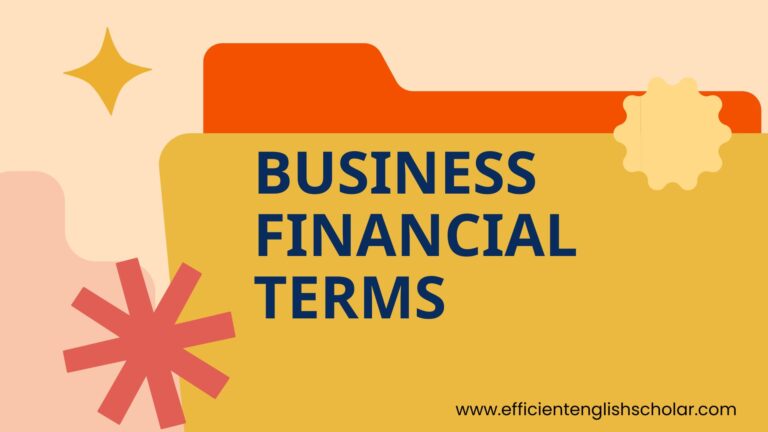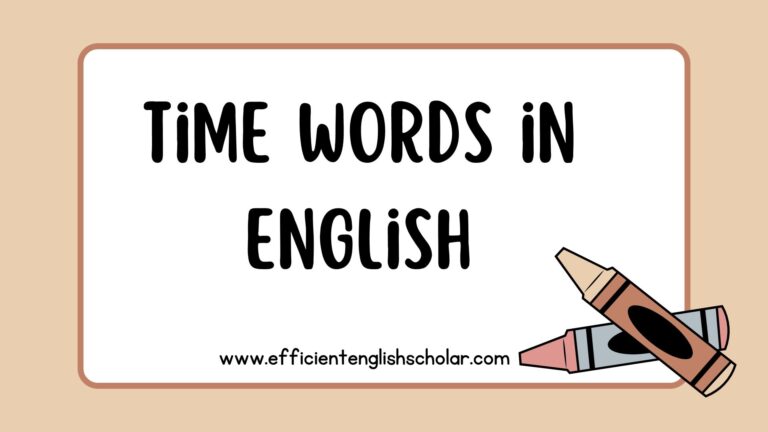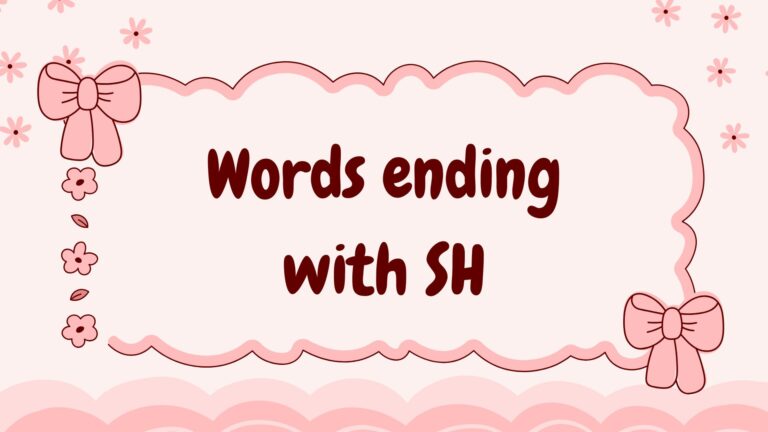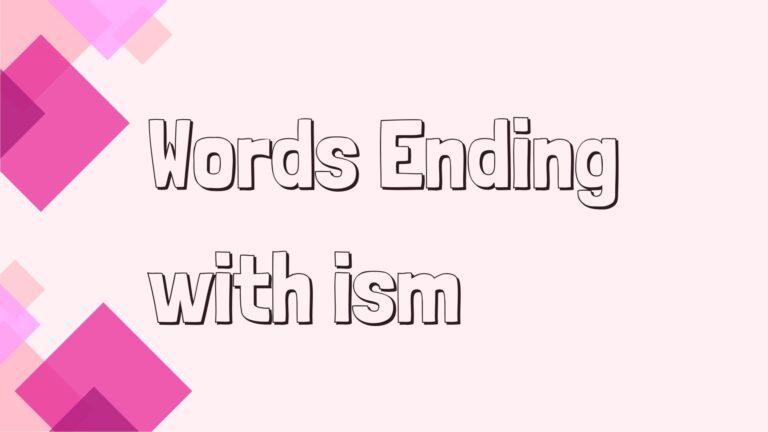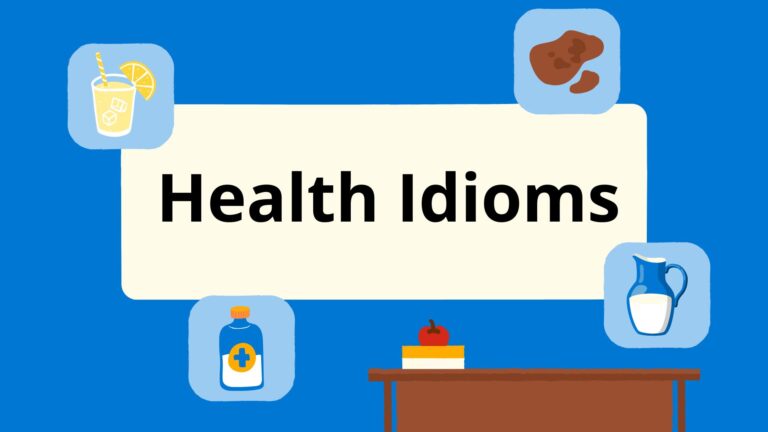Most Common Adjectives of Daily Use
This article explains how adjectives improve communication. It provides a list of common adjectives that can make your conversations clearer. By using these words, you can express your feelings and ideas better, leading to a greater impact in your interactions.
Introduction to Common Adjectives
Adjective makes conversations more interesting by adding detail. For example, “food” turns into “delicious, homemade food,” which can bring up feelings like nostalgia or comfort. Common adjectives show feelings, but more specific ones create stronger connections. Saying “exhausted from a whirlwind of activities” gives a clearer picture.
The words you choose also affect how people see things; calling a space “cozy” instead of “small” changes its impression. Building your vocabulary helps you communicate better and share your feelings and experiences more clearly.
Importance of Adjective
Adjective plays an important role in enriching our language. They provide depth and detail, transforming simple descriptions into vivid imagery. By conveying qualities, quantities, and states, adjectives help to create a more immersive experience, allowing listeners or readers to visualize scenes and emotions with clarity. Their importance extends beyond mere decoration; they shape perceptions and influence interpretations.
Moreover, the strategic use of adjective can elevate a narrative. Consider how a simple phrase like “the car” can shift dramatically in impact when described as “the sleek, red sports car.” This transformation not only paints a clearer picture but also invokes feelings of excitement and desire.
Commonly Used Adjectives
Here’s a list of commonly used adjective.
- beautiful
- tall
- short
- happy
- sad
- angry
- young
- old
- fast
- slow
- hot
- cold
- warm
- cool
- big
- small
- huge
- tiny
- thick
- thin
- clean
- dirty
- easy
- hard
- soft
- rough
- smooth
- loud
- quiet
- bright
- dark
- early
- late
- funny
- serious
- strong
- weak
- rich
- poor
- kind
- mean
- smart
- dumb
- brave
- scared
- lazy
- busy
- friendly
- unfriendly
- polite
- rude
- nice
- nasty
- deep
- shallow
- sharp
- dull
- dry
- wet
- soft
- hardworking
- tired
- fresh
- stale
- sweet
- sour
- bitter
- salty
- beautiful
- handsome
- ugly
- famous
- unknown
- interesting
- boring
- important
- unimportant
- modern
- ancient
- new
- old-fashioned
- simple
- complex
- heavy
- light
- safe
- dangerous
- true
- false
- right
- wrong
- broken
- fixed
- open
- closed
- empty
- full
- first
- last
- next
- previous
- same
- different
- similar
- difficult
- possible
- impossible
- noisy
- silent
- real
- fake
- private
- public
- legal
- illegal
- cheap
- expensive
- available
- unavailable
- popular
- unpopular
- rare
- common
- curly
- straight
- flat
- round
- square
- long
- short
- narrow
- wide
- thirsty
- hungry
- sleepy
- awake
- crazy
- normal
- sharp
- blunt
- careful
- careless
- jealous
- proud
- calm
- nervous
- grateful
- greedy
- loyal
- honest
- dishonest
- helpful
- useless
- useful
- creative
- bored
- cheerful
- moody
- energetic
- serious
- shy
- talkative
- quiet
- fast
- slow
- warm
- cold
- angry
- kind
- brave
- fearful
- funny
- sad
- happy
- loving
- mean
- practical
- impractical
- neat
- messy
- tidy
- clumsy
- gentle
- rough
- elegant
- wild
- organized
- disorganized
- chubby
- skinny
- fat
- fit
- adorable
- creepy
- confident
- insecure
- annoying
- pleasant
- ambitious
- silly
- mature
- immature
- cool
- hot-headed
- humble
- arrogant
- faithful
- unfaithful
- hopeful
- hopeless
- bright
- dull
- sunny
- cloudy
- stormy
- windy
- rainy
- snowy
- foggy
- icy
What are adjectives?
These are words that describe or modify nouns, providing more information about their characteristics.
Why are common adjectives important in daily use?
They enhance communication by adding detail and clarity to our descriptions, making conversations more engaging.
Are there rules for using adjectives?
Generally, adjective should be placed before the noun they modify (e.g., “a beautiful day”). However, they can also follow verbs (e.g., “The day is beautiful”).
What is the difference between comparative and superlative adjectives?
Comparative adjectives compare two things (e.g., “taller”), while superlative adjectives express the highest degree among three or more (e.g., “tallest”).
Are there any common mistakes to avoid with adjectives?
Yes, one is to avoid using too many adjectives in a single sentence, which can make it cluttered. Also, ensure that adjectives accurately reflect the noun they describe.

